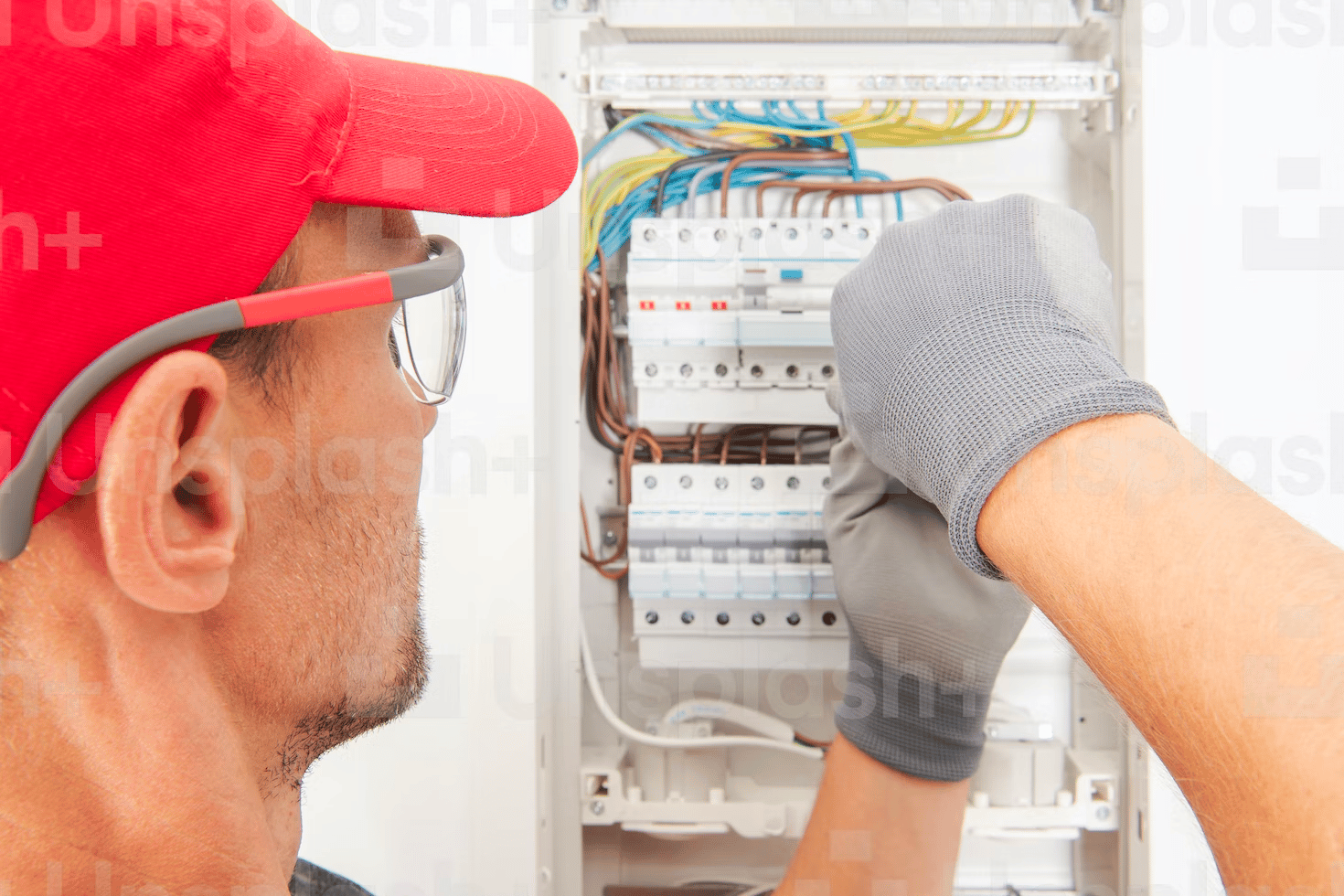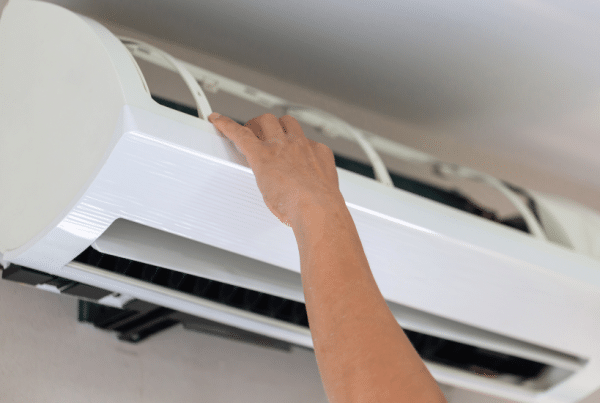Whether your home is new or old, your electrical system is one of the most important parts of your house. Not only does it provide power for lights and appliances, but it also helps to keep your family safe from fire hazards. That’s why it’s so important to keep your breakers and fuses in good working order. In this article, we’ll walk you through what to expect when upgrading or replacing your breakers and fuses.
1. You’re installing large appliances
New appliances like HVAC systems and washing machines draw a lot of power. If your electrical system can’t handle the load, you may trip a breaker or blow a fuse. If you’re installing large appliances, it’s a good idea to upgrade your breakers or fuses to accommodate the additional power draw.
If you live in an older home, your electrical system may not be able to handle the load of new appliances. In this case, you’ll need to upgrade your electrical system to accommodate the additional power draw.
2. You notice burning smells or electrical odors
If you smell burning or notice electrical odors, it’s a sign that your electrical system is overloading. This could be due to faulty wiring, overloaded circuits, or damaged breakers or fuses. If you detect any of these signs, it’s important to call an electrician right away.
Overloaded outlets are another common cause of electrical odors. If you have too many appliances plugged into one outlet (through the use of extension cords), it can cause the outlet to overheat and emit an electrical odor. To prevent this, be sure to plug appliances directly into outlets and avoid using extension cords whenever possible.
3. You hear buzzing sounds or crackling noises
If you hear buzzing sounds or crackling noises, your electrical panel is either overloaded or malfunctioning. These sounds are sometimes caused by damage to the panel itself, which can be a fire hazard.
4. You see rust on your electrical panel
If you see rust on your electrical panel, it’s a sign of corrosion. This can be caused by water damage, age, or exposure to chemicals. If left unaddressed, corrosion can cause serious damage to your electrical system and may result in a fire.
5. You’re planning a major remodel.
Planning a kitchen remodel or other major home improvement project means your electrical system will be working overtime. If your electrical panel is over 20 years old, it’s a good idea to upgrade to a newer model that can handle the additional power load.
6. Your lights constantly flicker or are dimmer than usual
If your lights are constantly flickering or seem dimmer than usual, your system probably doesn’t have the power to support the current load. This could be due to faulty wiring, overloaded circuits, or damage to your breakers or fuses.
It may also be due to excess power being used by other sources on your property, such as an electric car charger or a pool pump. If this is the case for you, you’ll need to upgrade your electrical system to accommodate the additional power demand.
7. Your electric bill increases despite no changes in usage
If your electric bill keeps going up but you haven’t made any changes to your electricity usage, it’s a sign that your electrical system is outdated. Upgrading to more energy-efficient breakers and fuses can help reduce your electric bill.
What to Expect When Upgrading or Replacing Your Breakers or Fuses
If you’re upgrading or replacing your breakers or fuses, there are a few things you can expect:
- An electrician will assess your electrical system to determine which type of breaker or fuse is best for your home.
- Breakers and fuses come in different sizes and ratings. The electrician will select the breaker or fuse that best fits your electrical system.
- The electrician will install the new breaker or fuse in your electrical panel.
- Once the new breaker or fuse is installed, the electrician will test your electrical system to ensure it’s working properly.
Upgrading or replacing your breakers and fuses is a fairly simple process. However, it’s important to have an electrician do the work to ensure it’s done safely and correctly.
Tips for Choosing the Right Electrician
When choosing an electrician to upgrade or replace your breakers or fuses, be sure to:
1. Check their licensing and insurance
In most states, electricians are required to be licensed. You can check with your state’s licensing board to verify that an electrician is licensed in your area. You can also ask the electrician for proof of insurance before they start work.
It’s also important to make sure the electrician has insurance. This will protect you in case of any damage or injuries that occur during the job. Make sure the electrician carries both general liability insurance and workers’ compensation insurance and verify that the insurance is up to date and covers the entire job.
2. Ask for referrals from friends, family, or other trusted sources
If you have a family member or friend who lives close by, chances are they know an electrician they can recommend. Other trusted sources include your local hardware store or home improvement center.
3. Read online reviews
Online reviews can be a helpful way to learn more about a contractor or local company. Be sure to read reviews from multiple sources, including the electrician’s website and third-party sites like HomeAdvisor.
4. Get multiple bids
When getting bids from contractors, be sure to ask for the same type of work to be done. This will make it easier to compare the bids and choose the best one for you.
Endnote
Upgrading or replacing your electrical panel is a big decision, especially if you don’t know what to expect. Be sure to do your research and choose an electrician you can trust to do the job safely and correctly. With a little bit of planning, you can upgrade your electrical system without any problems.








